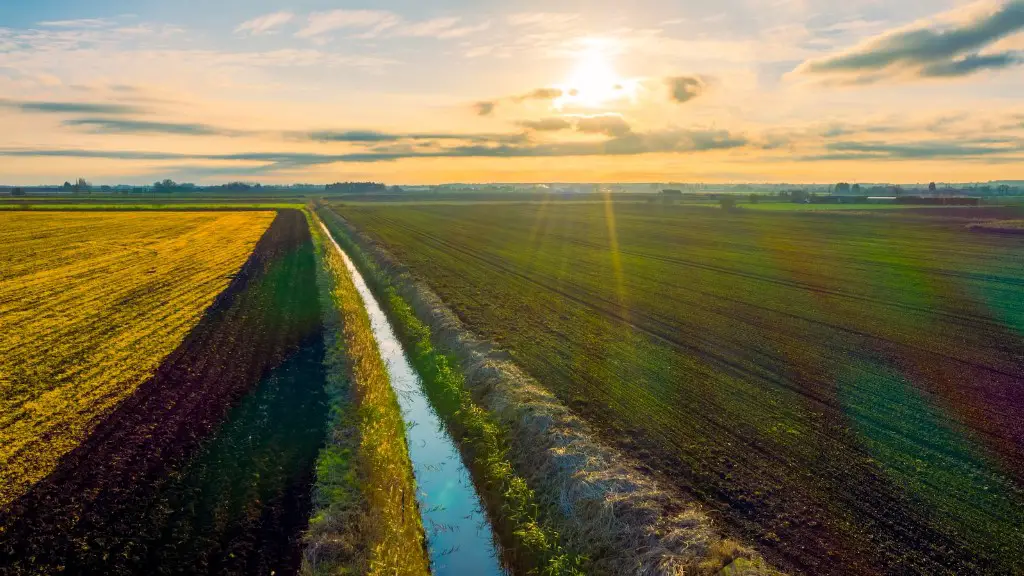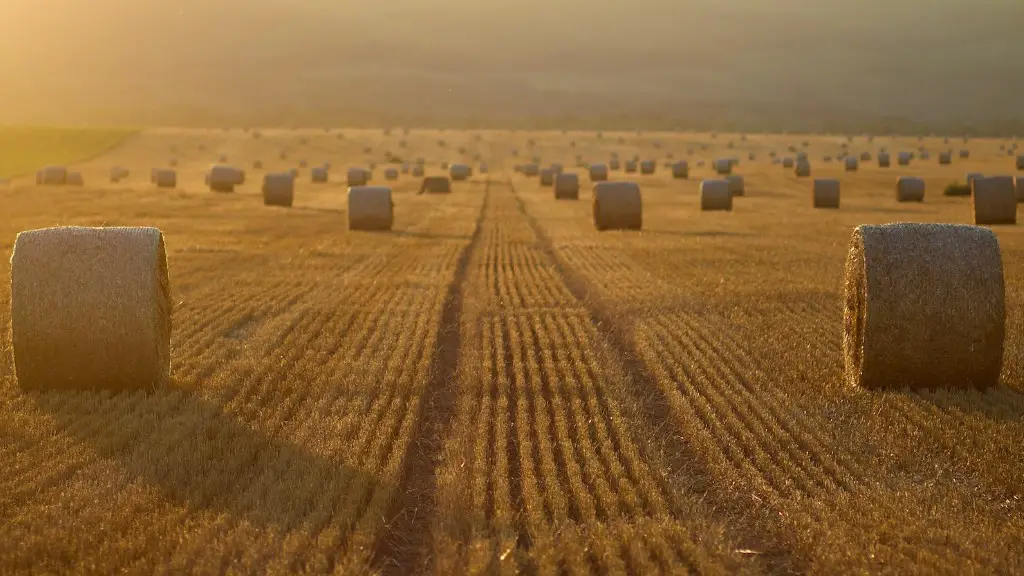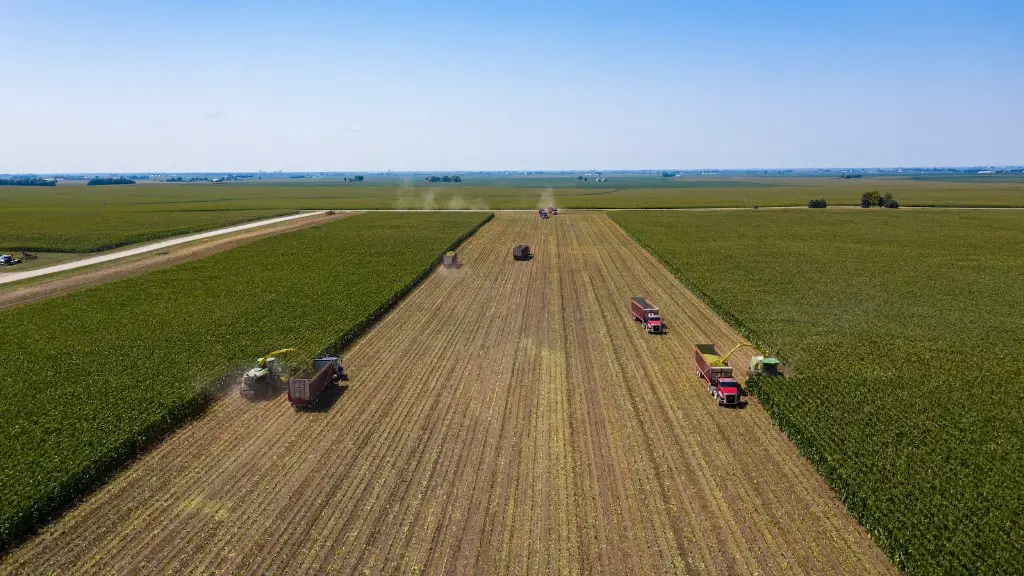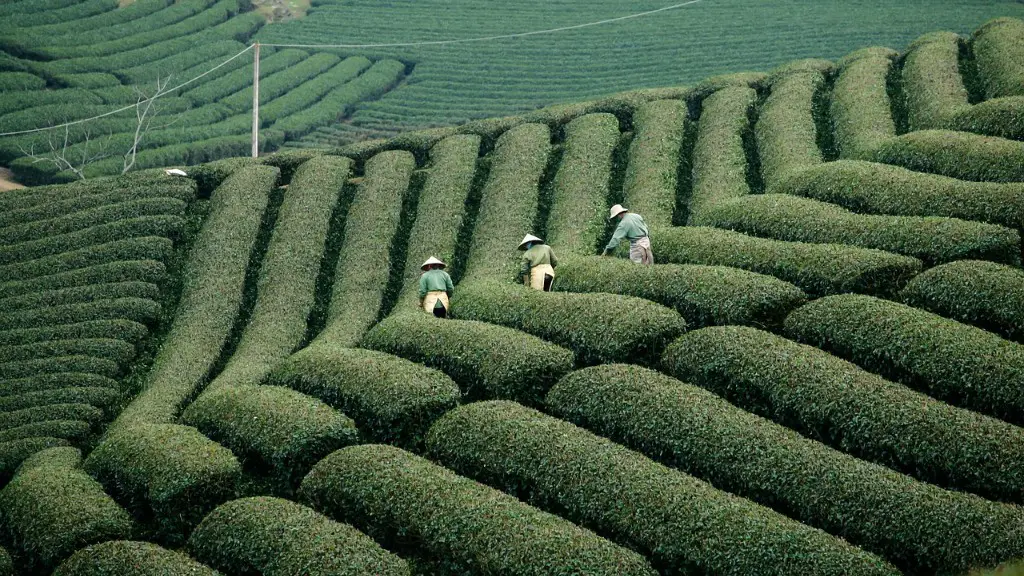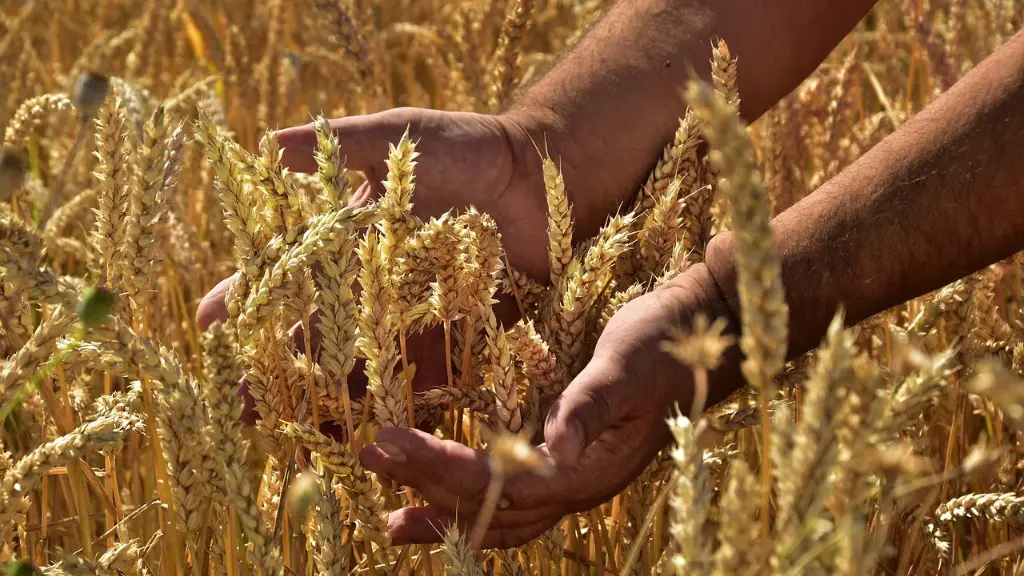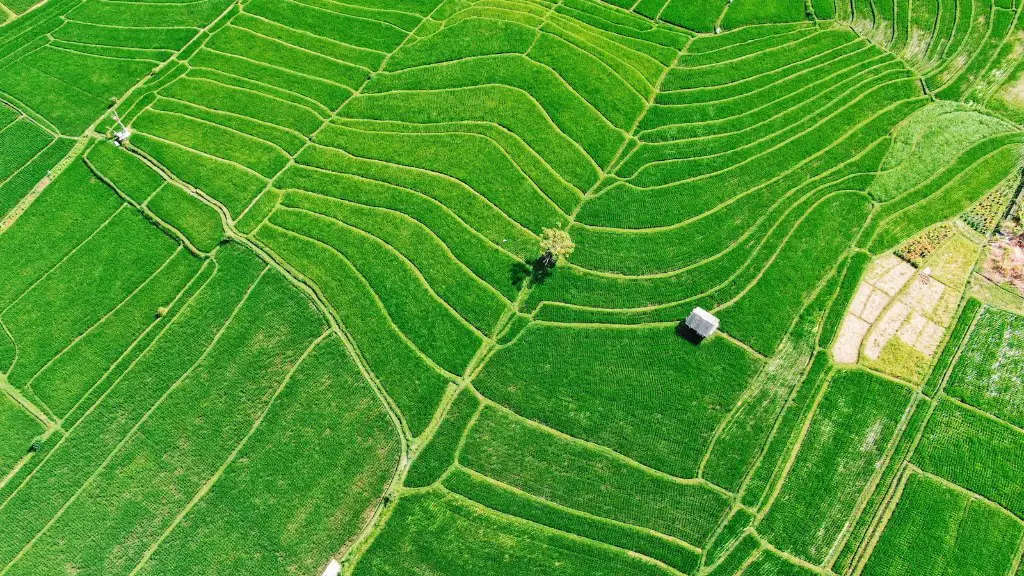Demeter is the goddess of agriculture in Greek mythology. She is also the goddess of fertility and the harvest. She is the daughter of Cronus and Rhea, and the sister of Zeus, Poseidon, and Hades.
Ceres is the Roman goddess of agriculture, grain crops, fertility and motherly love. She was originally the central figure of the Eleusinian Mysteries, which were secret rites performed at Eleusis in ancient Greece in honor of Demeter, the goddess of grain.
Who is the Roman goddess of agriculture?
Ceres was an important goddess in ancient Roman religion. She was associated with agriculture, grain crops, fertility and motherly relationships. Ceres was worshipped by the Roman people as a protector of these things.
Demeter is one of the most important Greek goddesses, as she was responsible for the bounty of the earth – specifically, for the growth of crops and fertility of the land. She was worshipped throughout Greece, but especially in Athens and Eleusis. Her Roman equivalent is Ceres.
Who is the goddess of fertility and agriculture
Demeter is one of the most important Olympian goddesses in ancient Greek religion and mythology. She is the goddess of the harvest and agriculture, presiding over crops, grains, food, and the fertility of the earth. In Homer’s Odyssey, she is the mother of Persephone, who is abducted by Hades, the god of the underworld. Demeter’s search for her daughter is the basis for the Eleusinian Mysteries, one of the most important religious festivals in ancient Greece.
Demeter was the Ancient Greek goddess of the harvest. She was a very important goddess to Ancient Greek people, who farmed a lot of their food. Demeter had a kind and beautiful daughter, called Persephone, who she loved very much.
Who is the Egyptian goddess of agriculture?
Renenutet was an ancient Egyptian goddess of nourishment and the harvest. The importance of the harvest caused people to make many offerings to Renenutet during harvest time. Initially, her cult was centered in Terenuthis.
Mbaba Mwana Waresa is the Zulu goddess of fertility, agriculture, rain, and beer. She is said to have power over water and earth, and rules over rainbows. She is a popular goddess, and is often invoked by Zulu farmers for a good harvest.
Who is the goddess of growing plants?
Ceres is the Roman goddess of the growth of food plants. She is worshiped either alone or in association with the earth goddess Tellus. At an early date, her cult was overlaid by that of Demeter, who was widely worshiped in Sicily and Magna Graecia.
The Floralia was a festival in honor of the Roman goddess Flora, who was the goddess of the flowering of plants. The festival was instituted in 238 BC by Titus Tatius, the Sabine king who ruled with Romulus. The festival was held at the temple of Flora, which was located near the Circus Maximus.
Who is the Greek goddess of gardening
Aphrodite of the Gardens is an epithet of the Greek goddess Aphrodite, who is the goddess of love, beauty, and fertility. This epithet describes her patronage over vegetation and garden fertility. Gardens are often seen as a symbol of love and fertility, and thus, Aphrodite of the Gardens represents these concepts.
Freyja is one of the most renowned Norse goddesses, known for her role in love, fertility, battle, and death. She is the sister and female counterpart of Freyr, and her father is Njörd, the sea god. Freyja is often associated with beauty, passion, and sensuality, and she is a popular figure in Norse mythology.
Who is the goddess of pregnancy?
Eileithyia was the goddess of birth in Ancient Greek mythology. Daughter of Zeus and Hera, she was considered to be a pre-Hellenic goddess as her name was mentioned in several Linear B tablets from ancient Crete. She was also the protector of women in childbirth and was invoked in times of danger.
Demeter was the goddess of all the earth’s fruits, not only grain (though this was by far the most important food-crop). She was worshiped as the bringer of fertility to the land and was said to have bestowed the gifts of agriculture upon mankind.
What is Hestia the goddess of
Hestia was an important goddess in Greek mythology, and was especially venerated as the goddess of the hearth. She was also revered as a goddess of home and hospitality, and was associated with the domestic sphere. Hestia was the eldest daughter of Cronus and Rhea, and was thus considered one of the First Generation of Olympians. As the goddess of the hearth, Hestia was responsible for the sanctity and security of the home. She was also a protector of guests, and was often invoked in times of need. Hestia was a popular goddess, and her cult was widespread in both Greece and Rome.
Athena is a goddess of wisdom, military victory, and the patron of the city of Athens. She is the half-sister of Hercules. Her parents are Zeus and Metis, a nymph. Athena is a fierce warrior goddess and is often depicted carrying a shield and spear. She is also the goddess of crafts and art.
What is Apollo the goddess of?
Apollo was one of the most popular gods in Greek mythology, and was associated with many different things. He was the god of music, poetry, art, prophecy, truth, archery, plague, healing, and sun. Apollo was one of the few gods that was always associated with the sun, even though the original sun god was Helios. However, over time people forget about Helios and only remembered Apollo.
Balarama is the Hindu god of agriculture and is also known as the ‘harbinger of knowledge’. He is usually depicted as a farmer and is associated with prosperity. Balarama is also the brother of Krishna and is said to be an incarnation of the god Vishnu.
Warp Up
Demeter is the Greek goddess of agriculture.
The goddess of agriculture is a deity who is associated with crop production and fertility. She is often shown as a woman with a cornucopia, or a basket of produce, and is sometimes accompanied by animals, such as a cow or a sow. The goddess of agriculture is a popular motif in ancient art, and her worship was widespread in the ancient world.
